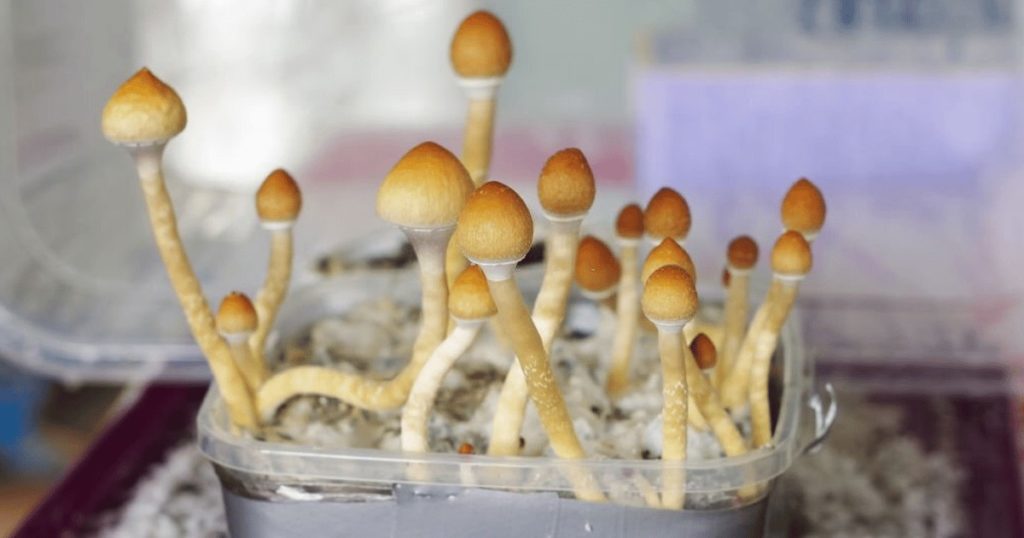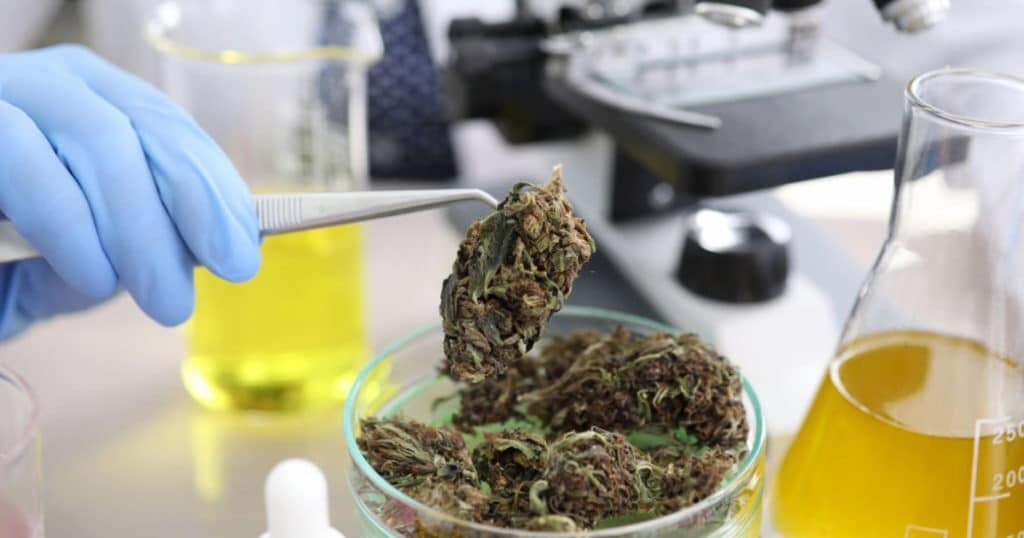For a long time, the government has been known to take a pretty hard line on psychedelics.
Not only have they shut down many research programs aimed at understanding the effects of psychedelics on mental health and addiction treatment, but they’ve also kept these substances out of reach for medical patients who could benefit from them.
But now, it looks like that’s changing. The Drug Enforcement Administration (DEA) has recently announced that it will increase production quotas for several psychedelics so that researchers can continue their work without being stifled by bureaucracy or red tape.
This is great news for everyone involved in this field—including medical patients and people suffering from PTSD and depression who might be able to find relief from psychedelic treatments if more research is allowed to take place.
Three Cheers For Magic Mushrooms!
Researchers have long been limited in their ability to access psychedelics. However, the Drug Enforcement Administration (DEA) has recently attempted to ramp up the production of Schedule 1 substances so that researchers can more easily access these drugs.
Currently, they are proposing to increase the production of psilocybin from 8,000 grams to 12,000 grams—triple the 2022 production limit. It also wants to increase the quotas for 5-MeO-DMT from 6,000 to 11,000 grams and MDMA from 8,200 to 12,000 grams. The most significant changes in the final 2023 production figures were for MDA, which increased from 200 to 12,000 grams, and 2-CB, which increased from 25 to 5,100 grams.
This is a welcome change for many scientists who have been looking into the potential benefits of psychedelics for years.

A Win For Scientists Across America
This follows a public comment period, where the public encouraged the DEA to expand the production quotas for numerous controlled substances. One such commenter, a biotech company, reached out to the DEA recommending they increase the quantity of researchable MDMA, a schedule 1 substance many are looking to as a potential PTSD treatment.
The agency also said several researchers and biotech companies had reached out with recommendations that DEA considers adjusting the relevant schedule I controlled substance APQ to allow for future pre-clinical and clinical trial research for post-traumatic stress disorder (PTSD), treatment-resistant depression, schizophrenia, and anxiety.
The DEA’s “Support” For Drug Research
The DEA has been touting its increased production of Schedule I drugs as evidence that it supports rigorous research into the substances, but it’s faced criticism from advocates and scientists over actions that are viewed as antithetical to promoting studies.
In fact, their increase in production for schedule 1 substances follows the intense backlash they faced after proposing a psychedelics ban. They also recently rescheduled [18 F]FP-CIT, which is a cocaine derivative used in assisting the evaluation of adult patients with suspected Parkinsonian syndromes.
The DEA says [18F] FP-CIT doesn’t meet the requirements for inclusion in any schedule, so it was removed. However, they haven’t even considered de-scheduling cannabis.
The Future Of Cannabis Descheduling?
As the legal cannabis industry continues to grow and expand, so does the amount of research being done on the plant. This is great news for consumers who want reliable information on how to use cannabis responsibly and safely—and it’s also good news for lawmakers who are trying to figure out how to best regulate this new industry.
As far as descheduling goes, it seems like we’re finally seeing signs from the federal government that positive changes in cannabis policy will be brought forth soon. For example, former Vice President Joe Biden recently pardoned 6,000 people who were convicted of marijuana-related offenses—this action shows how much things have changed since then (and could signal more pardons coming).

The federal government has been hesitant to act in regard to cannabis reform because they’re waiting for more research and data before making any decisions about changes in policy. That’s why we’re seeing signs from the DEA that they will increase production quotas for Schedule I substances like cannabis for research purposes. While this is promising, it doesn’t mean that descheduling (or de-scheduling) will happen anytime soon.
Enjoyed that first hit? Come chill with us every week at the Friday Sesh for a freshly packed bowl of the week’s best cannabis news!
















